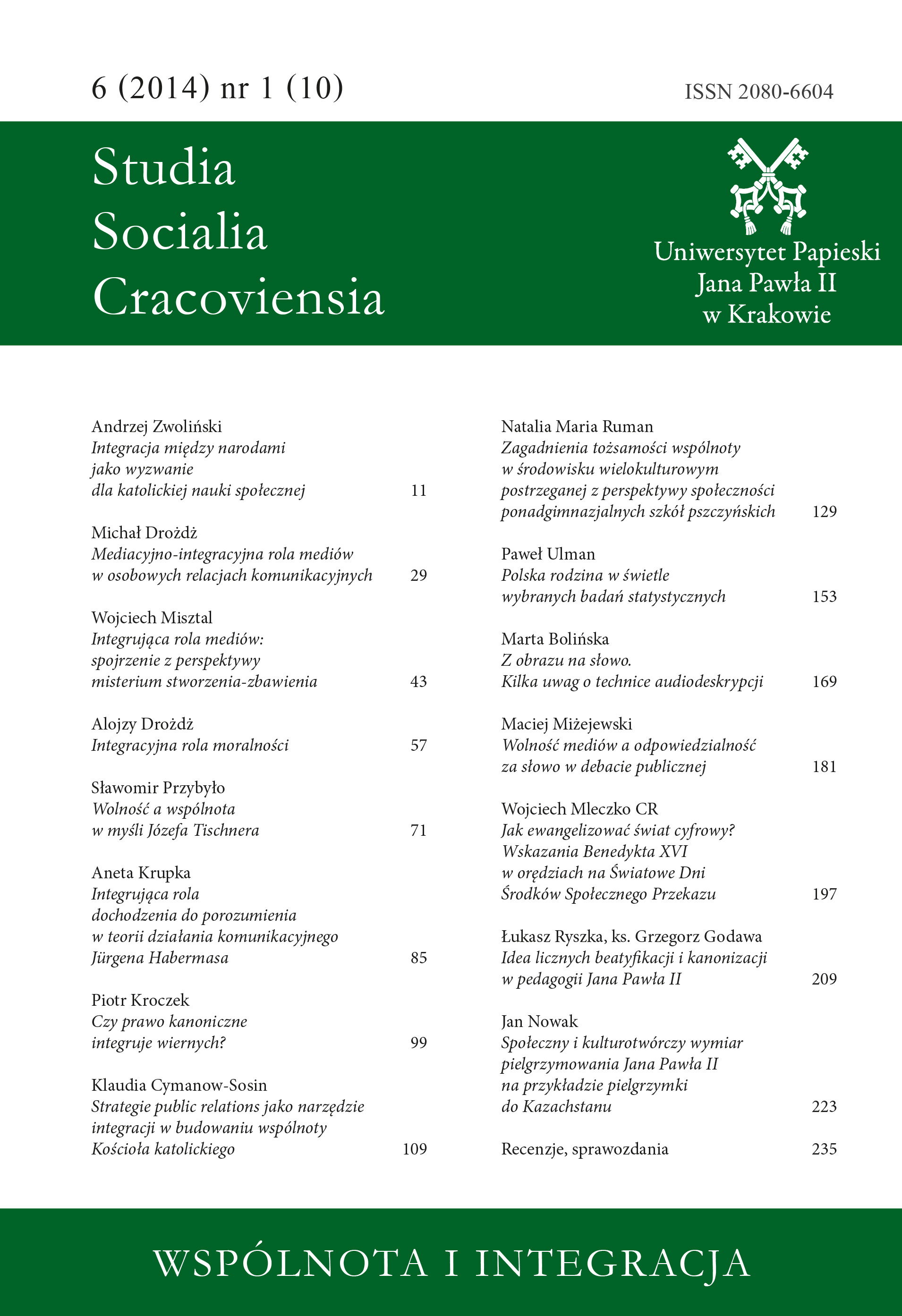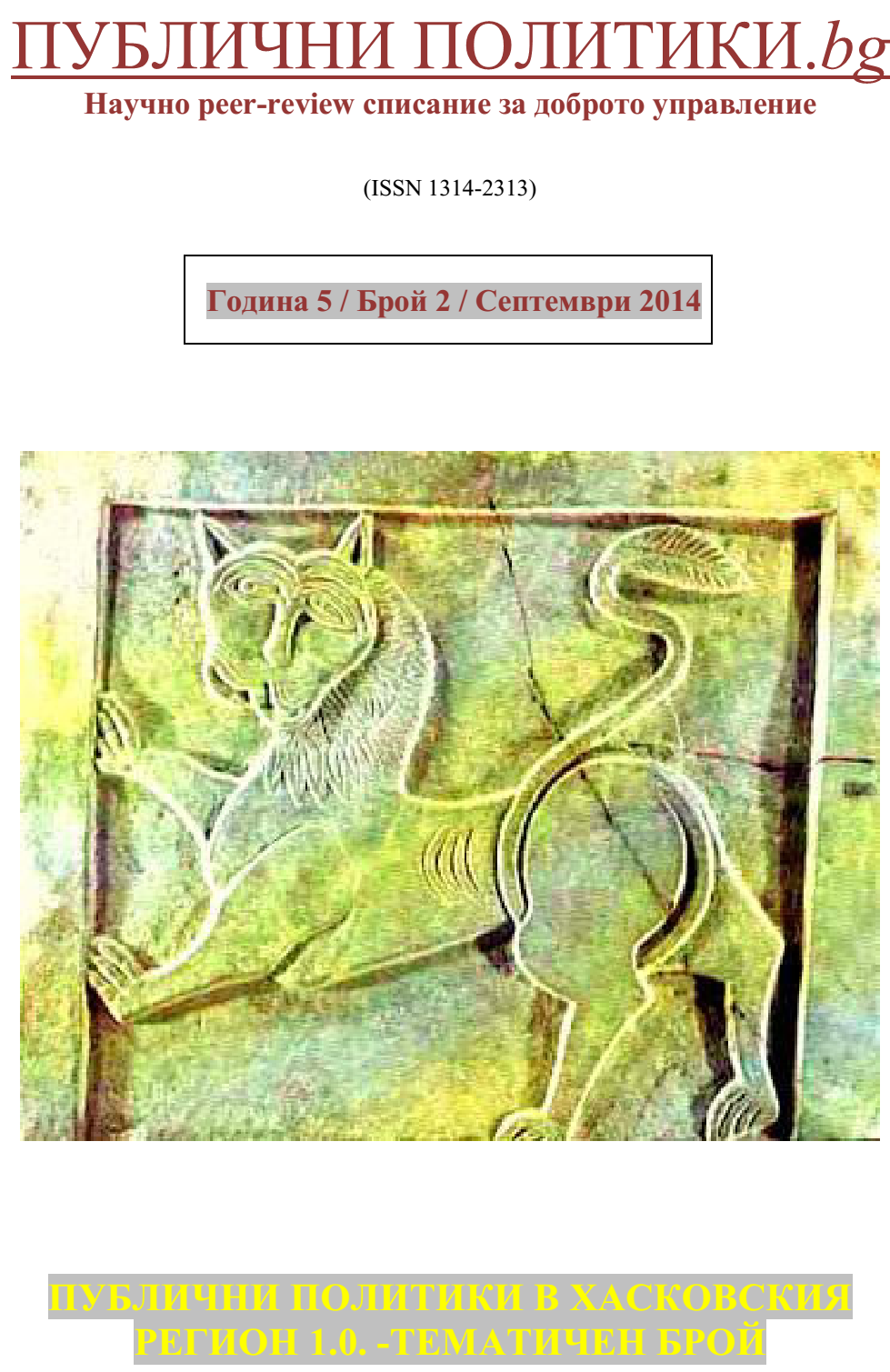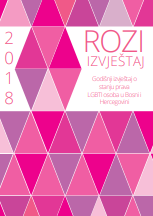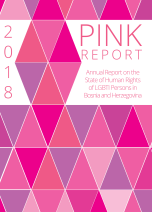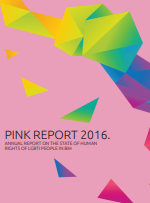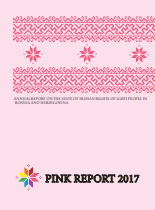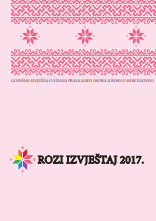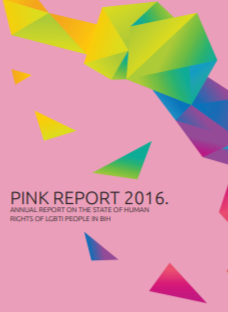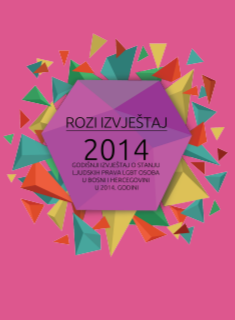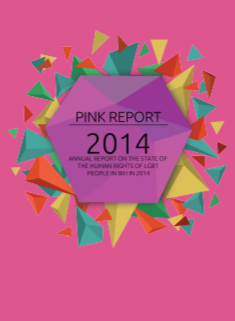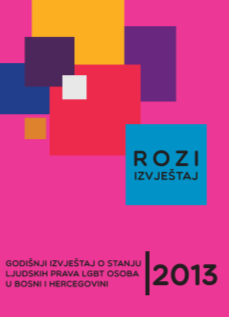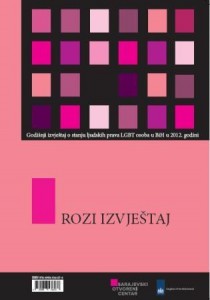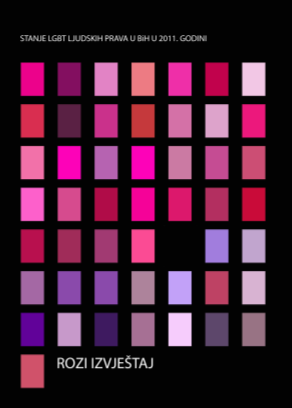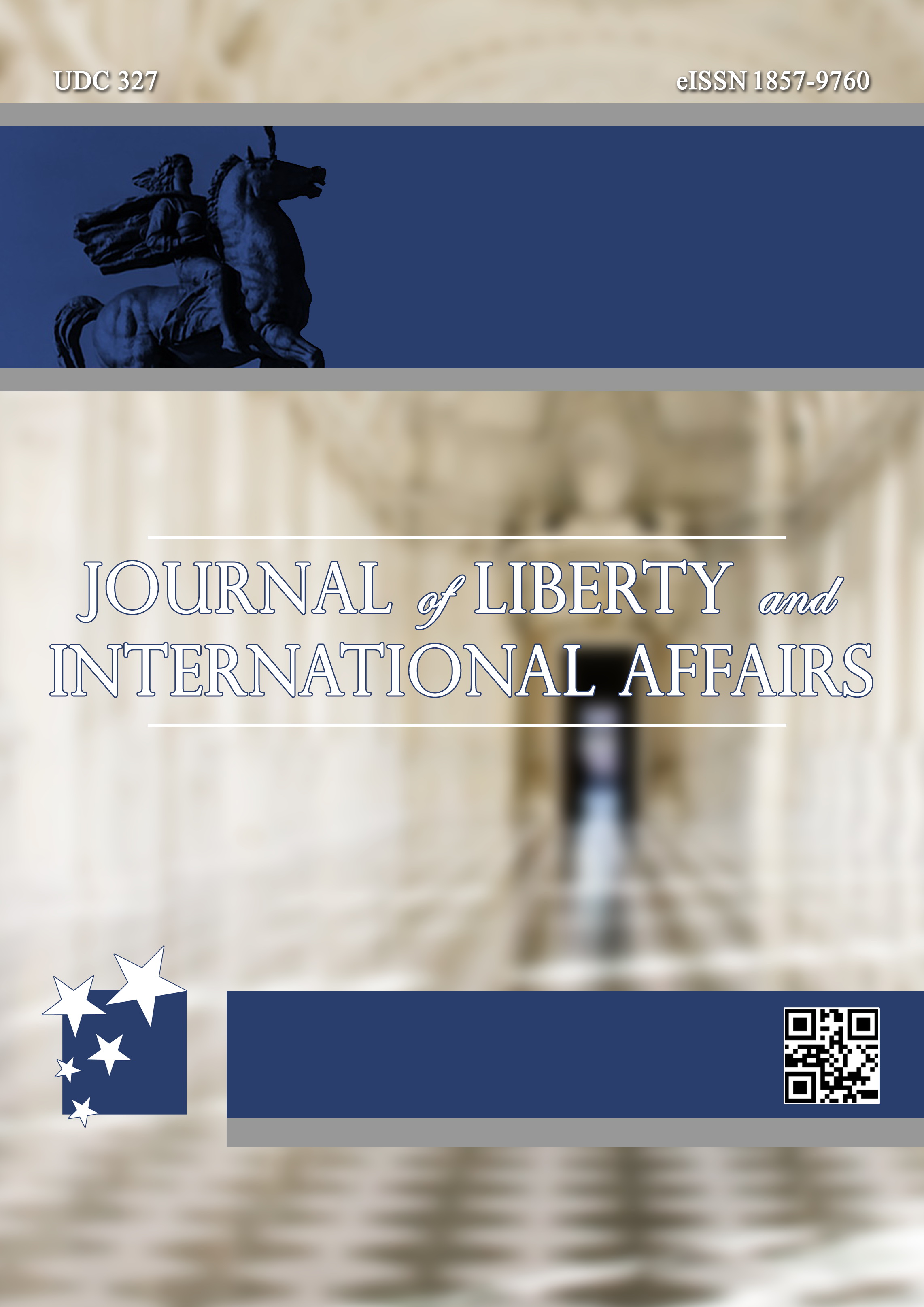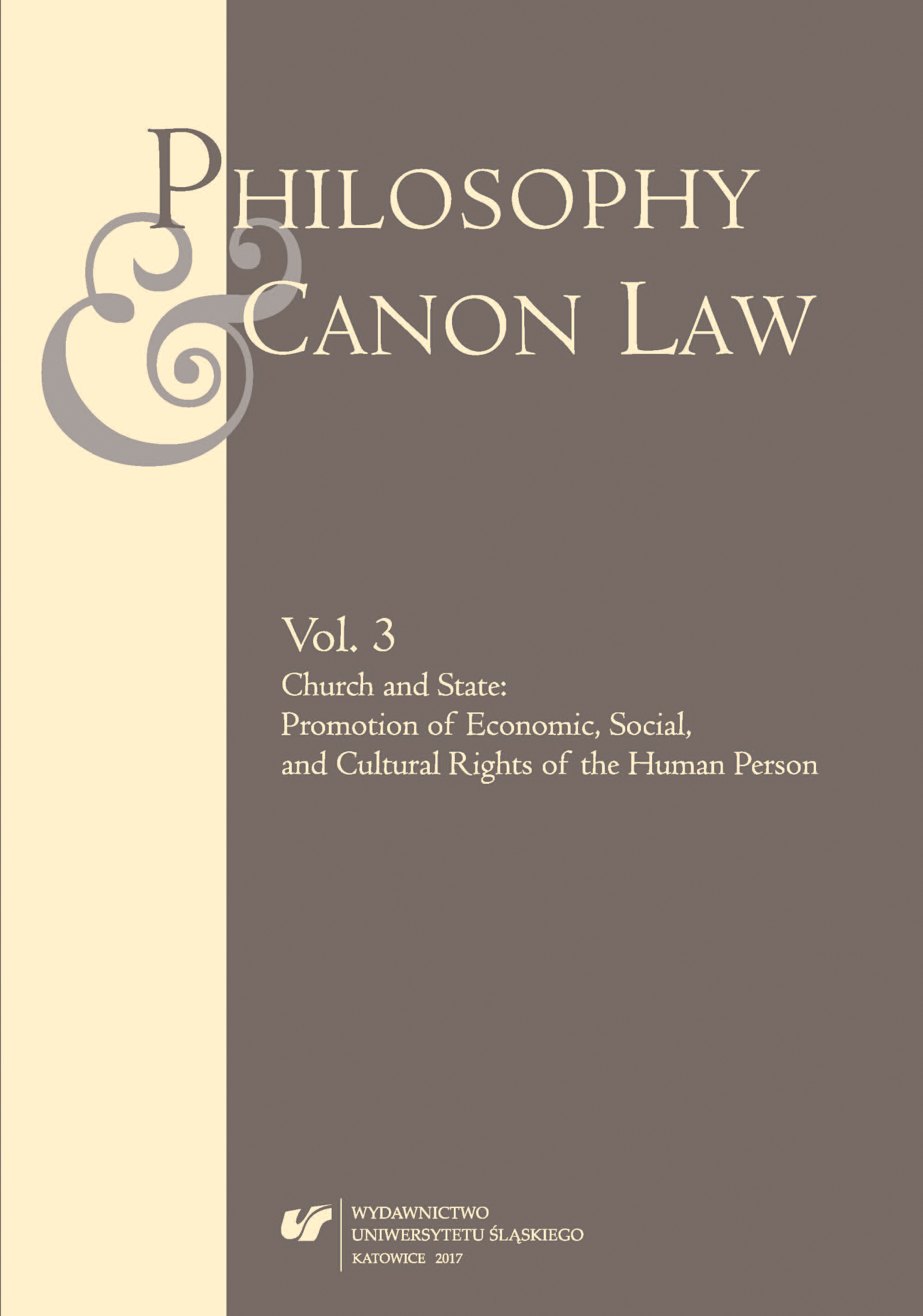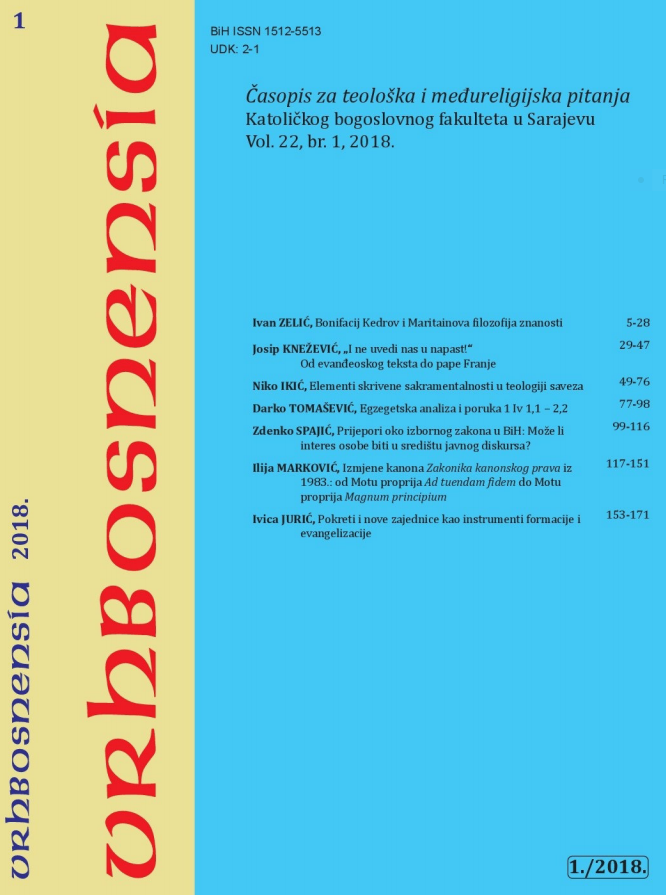Author(s): Mariña Barreiro,Vladana Vasić,Jordan Maze,Saša Gavrić / Language(s): Bosnian
Issue: */2013
Iskustva homofobije i transfobije su i dalje vrlo česta u BiH sa ograničenom ili nikakvom akcijom poduzetom od strane autoriteta u cilju zaustavljanja takvih vrsta diskriminacije, zlostavljanja i nasilja. Redovni napadi na LGBT osobe i na branioce i braniteljke LGBT ljudskih prava, komentari puni mržnje u štampanim, elektronskim i video medijima podstiču atmosferu netolerancije usmjerene prema LGBT osobama. Kompleksni federativni sistem, nizak nivo napretka u polju vladavine zakona, te generalno nizak nivo vidljivosti LGBT osoba i LGBT aktivizma dopuštaju političkim strukturama u BiH nemar pri zaštiti LGBT prava. Pozitivna strana priče o LGBT pravima u BiH se ogleda u činjenici da policija pokazuje više pažnje prema specifičnosti LGBT pitanja. Ovaj napor za povećanje povjerenja LGBT osoba u vladine institucije kao i broj prijavljenih slučajeva rezultirao je time da su u jednom kantonu FBiH, preciznije u Kantonu Sarajevo, policijske strukture pokrenule rad na vlastitom osvješćavanju kroz saradnju sa civilnim društvom i Sarajevskim otvorenim centrom. Međutim, napad tokom festivala Merlinka pokazuje da LGBT osobama sloboda okupljanja nije zagarantovana. Postoji očita potreba za daljim radom i saradnjom sa institucijama izvršne vlasti (policijom, uredom tužilaštva i sudovima). Kršenje ljudskih prava LGBT osoba u BiH prestavlja mnogo širi spektar individualnih slučajeva diskriminacije ili nasilja, te ističe nemar institucija i zakonodavnih organa koje zanemaruju potrebe i prava LGBT osoba, kao i nedostatak volje u državnim institucijama za implementaciju bh. zakona. Prema kvalitativnom istraživanju dr. Zlatiborke Momčinović, Ko smo mi da sudimo drugima?, postoji veoma nizak nivo senzibiliteta bh. populacije prema lezbejkama, gejevima, biseksualcima_kama, i transrodnim (LGBT) osobama, kao i manjak znanja o problemima sa kojima se LGBT osobe suočavaju. 56,5% ispitanih misli kako “homoseksualnost mora biti izliječena”1 , što je dokaz o nedostatku znanja kao i uvriježenim stereotipima prema homoseksualnosti, uprkos činjenici da je ista uklonjena sa liste bolesti i socijalnih poremećaja. Za tri četvrtine ispitanika_ca ljubljenje istospolnih parova u javnosti nije dopustivo, dok je pitanje promjene spola odbojno za 59,5% ispitanih osoba. Tokom 2013. godine LGBT zajednica je postala vidljivija u bh. društvu, posebice zahvaljujući radu organizacija za promociju ljudskih prava u području sprječavanja diskriminacije i nasilja protiv LGBT osoba. Unatoč tome, veliki broj LGBT osoba još uvijek se skriva, što čini nevidljivost jednim od najvećih problema u zajednici. Prvi korak u prepoznavanju i zaštiti zasniva se upravo na vidljivosti i zahtijevanju svojih prava, a taj korak postaje posebno bitan u okviru kompleksnog političkog konteksta kao što je u BiH danas. Iz ovih razloga akcija državnih institucija prema usvajanju mjera za osiguravanje zaštite protiv diskriminacije i/ili nasilja svih osoba, uključujući LGBT osobe, postaje imperativ. Stoga je neophodno da FBiH napravi amandman Krivičnog zakona u koji će uključiti zločine iz mržnje, pa tako i zločine iz mržnje izvršene na temelju seksualne orijentacije i rodnog identiteta. Uz to je potreban trening policajaca_ki, sudija_nica i tužioca_teljki, zdravstvenih radnika_ca, obrazovnog osoblja i ostalih državnih službenika_ca na području cijele države u vidu specijalne edukacije iz oblasti ljudskih prava i problema s kojima se suočavaju LGBT osobe u BiH.
More...
